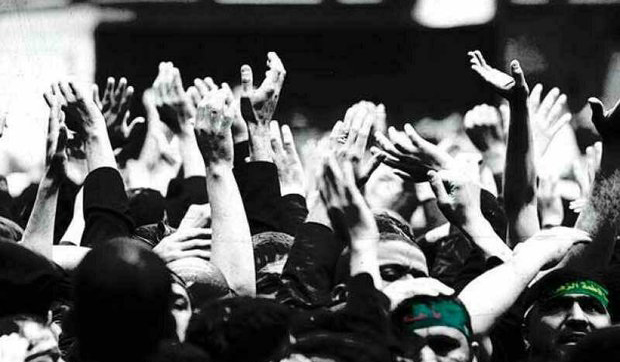Philosophy of Mourning and the Proper way of Mourning
/in home, muharram /by amin edrisi All Shiite Imams and saints of God have been martyred innocently and in various ways by ignorant, corrupt, and tyrannical people, and none of them has died of a natural death. In the religious culture of the Shiites, one of the programs that shows the Shiites’ connection and friendship with the religion of the faithful and the infallible Imams is to arrange mourning ceremonies for their martyrdom.
All Shiite Imams and saints of God have been martyred innocently and in various ways by ignorant, corrupt, and tyrannical people, and none of them has died of a natural death. In the religious culture of the Shiites, one of the programs that shows the Shiites’ connection and friendship with the religion of the faithful and the infallible Imams is to arrange mourning ceremonies for their martyrdom.
To mourn means to cherish the memory of their deeds and their martyrdom, to mourn in their death anniversaries and to mourn in their mourning. The works and blessings of this revival and the bow of religious rituals are also returned to the mourners themselves. Some of these works and blessings that are also the base of holding these ceremonies include:
1. Strengthening Religious and Emotional Links of People with Saints Of God
By holding these ceremonies and mourning sessions, the religious styles and emotional ties of the people, both Muslim and non-Muslim, become stronger with the saints of religion.
[irp posts=”12388″ name=”Consequences of Imam Husayn’s Uprising and Its Relationship with Mahdism”]
Strengthening this connection is important because friendship with good people and heartfelt affection towards them brings forth good loyalties in human beings.
Because if a person loves someone, he will always seek to be in harmony with his beloved in terms of ethics and conduct. Thus, the religiosity, commitment, and purity of the saints of God will be strengthened.
In contrast, avoiding the bad and defeating their inhumane and ugly deeds in such events, keeps the spirit of the believer protected from being infected with their whims and impurities.
2. Preserving the Teachings of the Divine Saints
Holding mourning ceremonies in the time of the death and martyrdom of the Divine saints is for keeping their names and memories and teachings and wisdom alive.
In these ceremonies, preachers and eulogists will preach the people and mention the afflictions of the Divine saints. Relating their words, virtues and lifestyles of the Divine Martyrs and their holy ideals makes the audience of these ceremonies, from every culture, race, and age, see a fully representative example of the actual practice of the Divine saints before themselves, and they pave the way for an ideal society and God centered education.
3. Restoration of Anti-Oppression Spirit and Protection Of The Oppressed
The preservation of the school and teachings of the Divine saints is in line with keeping their social and political culture alive, and since corrupt and ruthless rulers have consistently tried to eliminate this culture, such mourning ceremonies themselves have a touch of anti-oppression atmosphere and cause the deepening of religious teachings. This is the same as maintaining the spirit of the struggle against oppression and the revolutionary spirit centered on the Divine saints and the martyrs of the right path.
On the other hand, mourners declare their loyalty to disobedience to the oppressors and to the unrelenting struggle with any manifestation of despotism by concluding an inalienable covenant with the oppressed person who considers prosperity as a gift to truth and liberty and condemns reconciliation with the oppressors.


